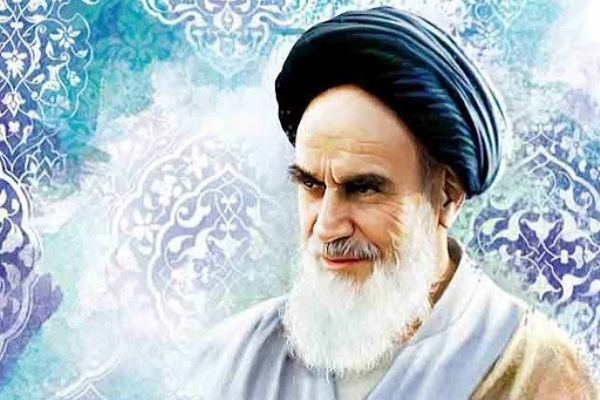According to Rahyafte(the missionaries and converts website)Imam Khomeini’s approach to mysticism has four characteristics.
First of all, it originates from the Quran, hadith, narrations, and supplications. He believed that the Quran and Sunnah are great sources for theoretical and practical knowledge of mysticism in a way that one should not allow himself to use other mystical schools.
The second characteristic is that he combines mysticism and the world. Mysticism has always been associated with isolation and distance from the world but although he was a mystic, he was not indifferent to politics and society and created the greatest political revolution. He said that he looked at the world from the perspective of mysticism.
The third feature is the association of mysticism with rationality. The biggest problem of mystics and scholars was the belief that there is a conflict between intuition and reasoning. There are mystical approaches that completely oppose rationality. However, Imam Khomeini believed that there is a harmony between rationality and mystical intuition.
The fourth characteristic is the association of true mysticism with divine love, or in other words, the association of love and mysticism. One cannot truly understand Imam Khomeini’s mysticism without studying it in the framework of divine love.
From Imam Khomeini’s point of view, monotheism is a pillar of mysticism. He says that practical mysticism has the greatest role in mysticism; practical monotheism means knowing and believing that everything in this world is controlled by God. Imam Khomeini believed that practical monotheism can result in individual improvement, rejection of idolatry, disobedience to God’s enemies, social improvement, endless hope, great effort, patience and resistance, and a sense of greater commitment.
This article was a summary of a speech made by Mohammad Beheshti, a faculty member at the Research Institute of Hawzeh and University, in a seminar in mid-February 2021.
Ayatollah Seyed Rouhollah Mousavi Khomeini (1902-1989), better known as Imam Khomeini, was the leader of the Islamic Revolution, founder of the Islamic Republic of Iran, and a Shia Marja. He has penned various works on Fiqh, Islamic philosophy, and mysticism.




















